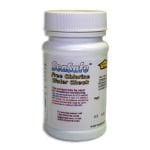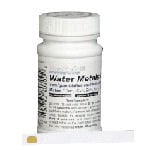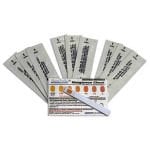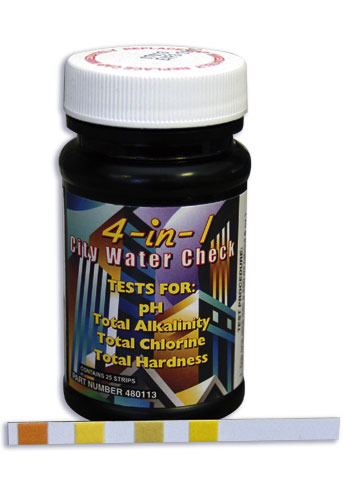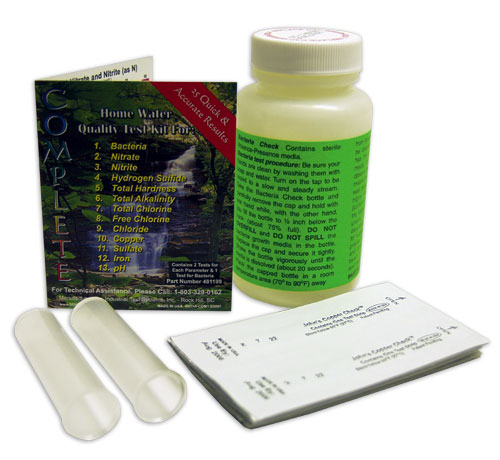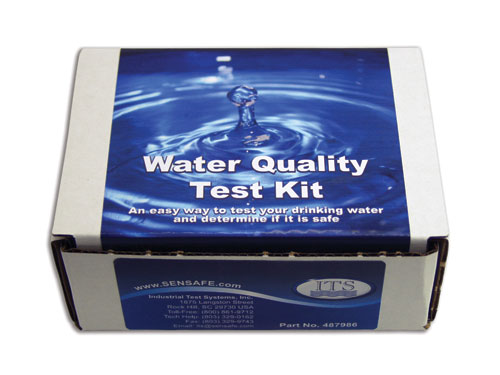The Courts in Illinois will play host to a series of lawsuits alleging that a Rohm & Haas facility allowed a carcinogenic compound known as vinyl chloride to escape into the environment and contaminate the aquifer from which local residents pull their drinking water.
Wikipedia.org has this to say about vinyl chloride: “This colorless compound is an important industrial chemical chiefly used to produce the polymer polyvinyl chloride (PVC). At ambient pressure and temperature, vinyl chloride is a gas with a sickly sweet odor. It is highly toxic, flammable and carcinogenic.” ( source )
More than 300 McCullom Lake residents have signed up to get their wells tested for carcinogenic vinyl chloride at Rohm and Haas’ expense.
Of 515 surveys sent out last month by village government, 325 came back wanting the free test, while only 11 responded no, Village President Terry Counley said. Rohm and Haas offered in August to pay for it, more than four years into a series of lawsuits blaming pollution from its Ringwood plant for causing a brain cancer cluster.
“I’d say it’s a very good sign. We’re all in this boat together over here, and we need the answers,” Counley said.
Counley must select a water testing company from a list of firms accredited by the Illinois Environmental Protection Agency. Only people who signed up will get their wells tested, and Counley said he would like to get it done before winter.
Three former village next-door neighbors diagnosed with brain cancer filed the first lawsuits in April 2006, alleging that decades of seepage from a closed 8-acre waste pit fouled their air and groundwater with vinyl chloride and other chemicals.
Thirty-two lawsuits as of today blame the pollution for brain and pituitary tumors in McCullom Lake and the Lakeland Park subdivision in McHenry. ( source )
Thankfully the residents of that region in Illinois have banded together and taken a stand on the matter of well water pollution. With any hope these folks will find some answers from the testing… and after that we hope other communities will band together and investigate possible sources of suspected well water contamination.
Can the average person test their own water?
While the task of testing well or ground water for the presence of compounds such as vinyl chloride will remain in the hands of certified water testing experts such as National Testing Laboratories, the average person CAN test for other, more common drinking water contaminants.
Companies such as SenSafe and WaterSafe make easy-to-use, accurate at-home water test kits for a number of critical drinking water parameters such as arsenic in water, lead in water, bacteria in water, and heavy metals in water, etc.
Consumers have the option of purchasing drinking water test kits for individual parameters or in multi-parameter test kits such as the Water Quality Test Kit from SenSafe and the City Water Test Kit from WaterSafe.











